Table of Contents
- Introduction
- Explanation of Asset-Backed Tokens
- The Legal and Regulatory Landscape
- Blockchain Technology in Asset Tokenization
- Applications of Asset Tokenization
- Challenges and Risks in Asset Tokenization
- Tokenization in Finance and Investment
- Technological Innovations and Trends
- Future Outlook and Predictions
- Conclusion
- About Goodman Lantern
Introduction

The advent of blockchain technology has catalysed a paradigm shift in traditional finance and ownership structures, giving rise to innovative solutions like asset tokenization.
This white paper explores the transformative potential of asset tokenization in blockchain applications, the challenges and risks, and future outlook and trends.

By converting tangible and intangible assets into digital tokens on a decentralised ledger, asset tokenization introduces heightened liquidity, fractional ownership, reduced transactional friction, and on-chain transparency. This paper deep-dives into the technological underpinnings of blockchain and smart contracts and their pivotal role in securely and transparently representing ownership. It analyses the impact of reducing intermediaries, enhancing market efficiency, and creating new investment opportunities.
Asset Tokenisation involves the complex intersection of finance, technology, and legal principles, and this whitepaper serves as a comprehensive guide and a foundation for understanding its potential and addressing regulatory considerations in this evolving landscape.
Explanation of Asset-Backed Tokens

Asset-backed tokens (ABTs) represent a revolutionary intersection of traditional assets and blockchain technology. These tokens derive value from tangible assets like real estate, commodities, or financial instruments. By employing blockchain's transparent and decentralised ledger, ABTs enhance liquidity and facilitate fractional ownership.

Smart contracts automate key processes, ensuring seamless and trustless transactions. This innovative financial model brings accessibility to traditionally illiquid markets, creating new avenues for investment. As we explore the landscape of ABTs, their potential to reshape finance and redefine ownership structures becomes apparent, offering a bridge between the physical and digital realms.

Types of Assets Suitable for Tokenization
Various asset classes are suitable for tokenization and transforming ownership structures:
- Tangible assets like real estate, art, and commodities offer fractional ownership, enhancing liquidity.
- Financial instruments such as stocks and bonds can be represented as tokens, streamlining trading on blockchain platforms.
- Intellectual property, including patents and copyrights, becomes tradable through tokenization.
This diversified range of assets broadens investment opportunities, creating a dynamic ecosystem that leverages blockchain's efficiency and transparency for a wide array of valuable assets.

The Tokenization Process & Blockchain's Role
The tokenization process involves converting real-world assets into digital tokens using blockchain technology. Blockchain's decentralised ledger ensures transparent and secure recording of ownership, facilitated by smart contracts. These self-executing contracts automate tasks like asset transfer, dividends, and contract enforcement. Blockchain's tamper-resistant nature enhances trust, reducing reliance on intermediaries. This synergy between tokenization and blockchain revolutionises ownership structures, creating a more efficient and transparent framework for managing a diverse range of assets.
The Legal and Regulatory Landscape

Navigating the legal and regulatory landscape of blockchain asset tokenization presents a complex terrain. Jurisdictions need to consider how to classify tokenized assets, address securities laws, and define ownership rights. Regulatory bodies are scrutinising Initial Coin Offerings (ICOs), Initial Decentralised-exchange Offerings (IDOs), and Initial Exchange Offerings (IEOs) to ensure compliance. Smart contracts, though transformative, raise questions about enforceability. Clear frameworks for anti-money laundering (AML) and knowing your customer (KYC) procedures are imperative.

Regulatory developments are dynamic, demanding adaptability for stakeholders. A collaborative effort among industry participants, legal experts, and regulators is crucial to establishing a balanced framework that fosters innovation while ensuring investor protection and legal compliance.
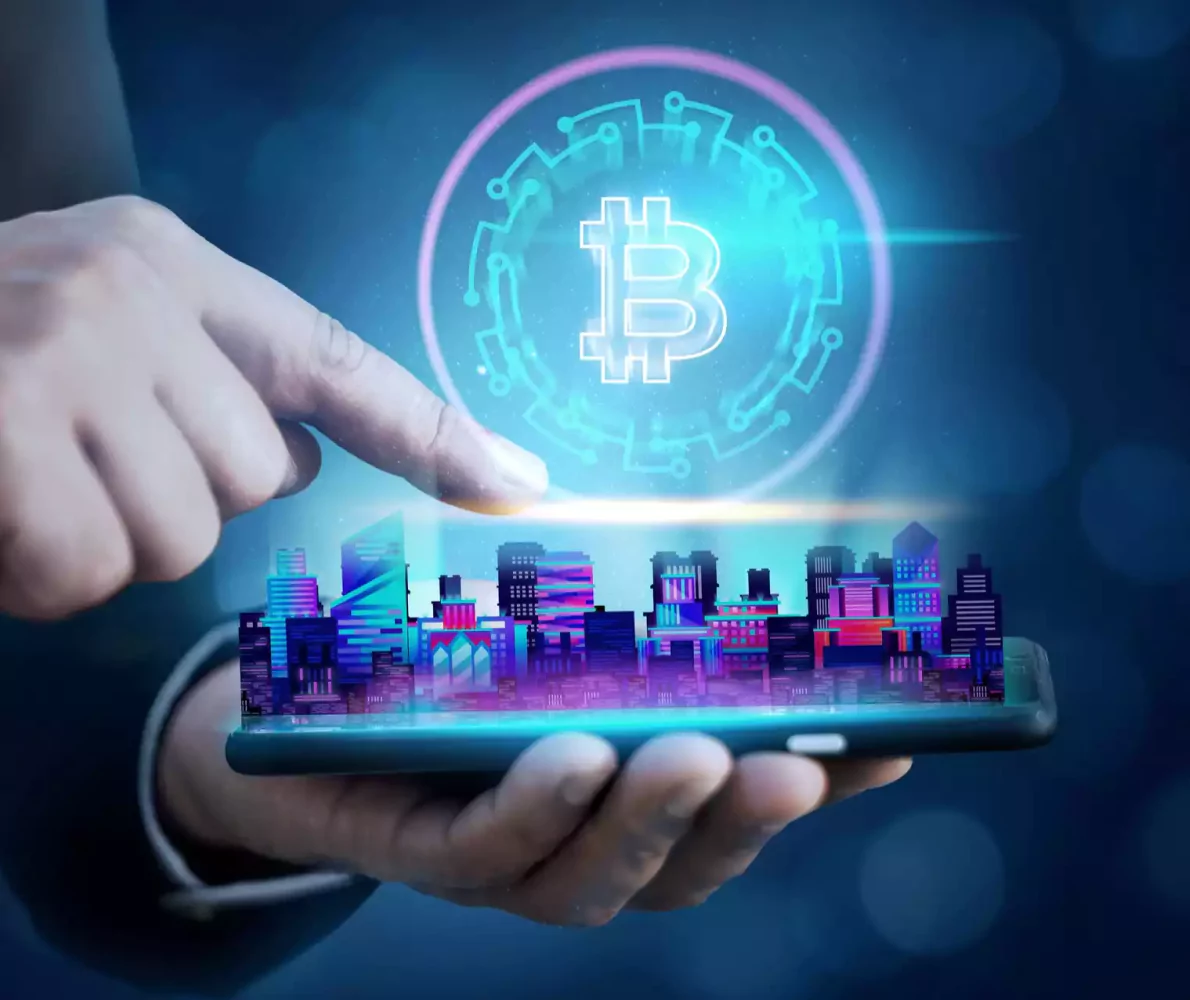
Compliance Considerations in Asset Tokenization
As mentioned above, blockchain asset tokenization brings forth intricate compliance considerations. Regulatory frameworks governing securities, AML, and investor protection must be meticulously addressed. Smart contracts necessitate legal scrutiny to ensure enforceability within existing laws. Transparent disclosure practices are paramount, demanding adherence to disclosure regulations. Collaborative efforts between industry stakeholders and regulators are crucial to shaping a compliant ecosystem. Striking a balance between innovation and regulatory compliance is imperative to foster the growth of asset tokenization within legal and ethical bounds.
Regulatory Challenges & Opportunities
Blockchain asset tokenization introduces a dual landscape of regulatory challenges and opportunities. Ambiguities in classifying tokenized assets and addressing securities laws pose hurdles, requiring regulatory clarity. However, opportunities arise as jurisdictions explore frameworks, paving the way for compliant innovation. Striking a balance between fostering technological advancement and safeguarding investors is paramount. Collaborative dialogue between industry pioneers and regulators becomes pivotal to harnessing the full potential of blockchain asset tokenization while ensuring a secure and regulated financial landscape.
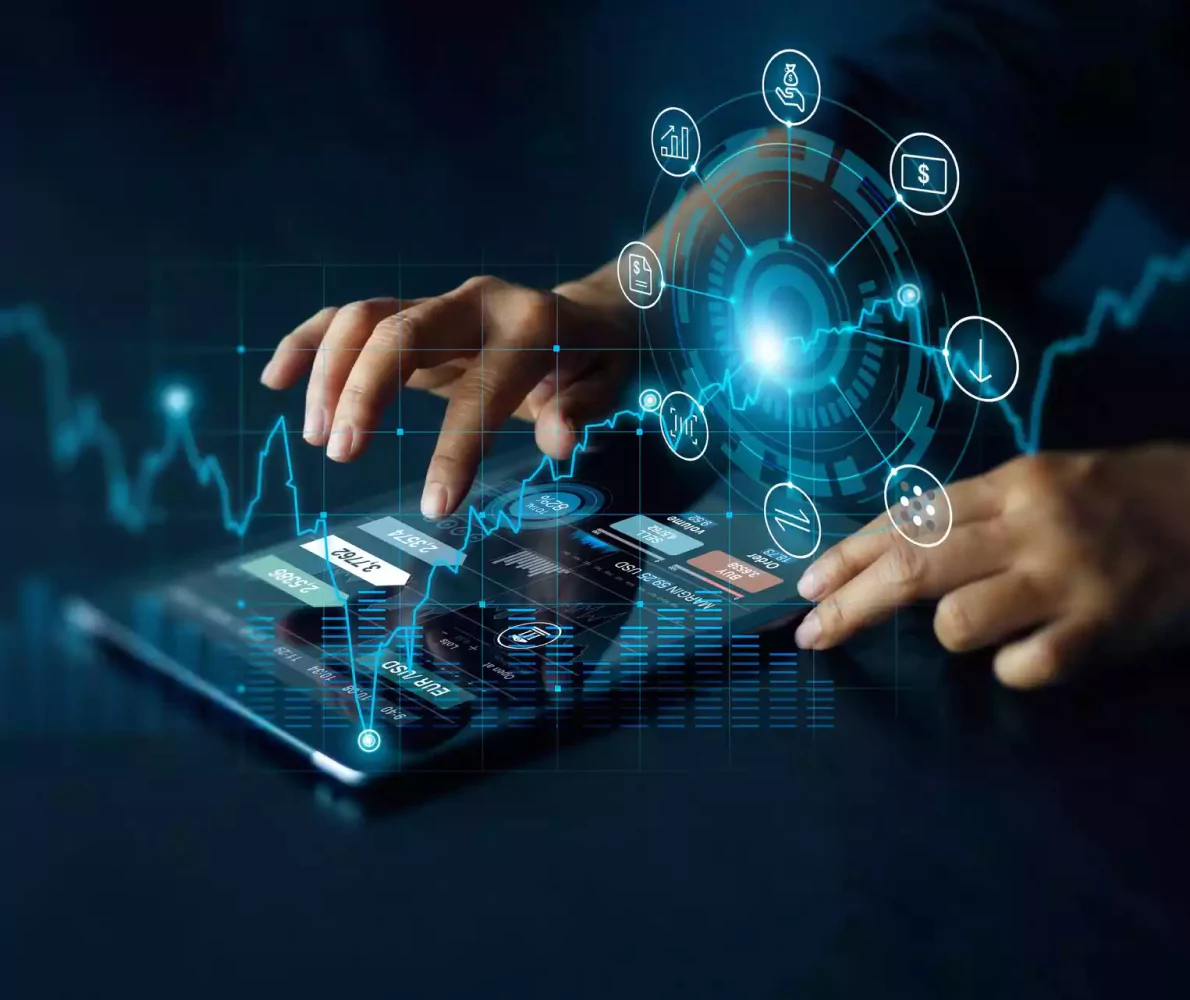
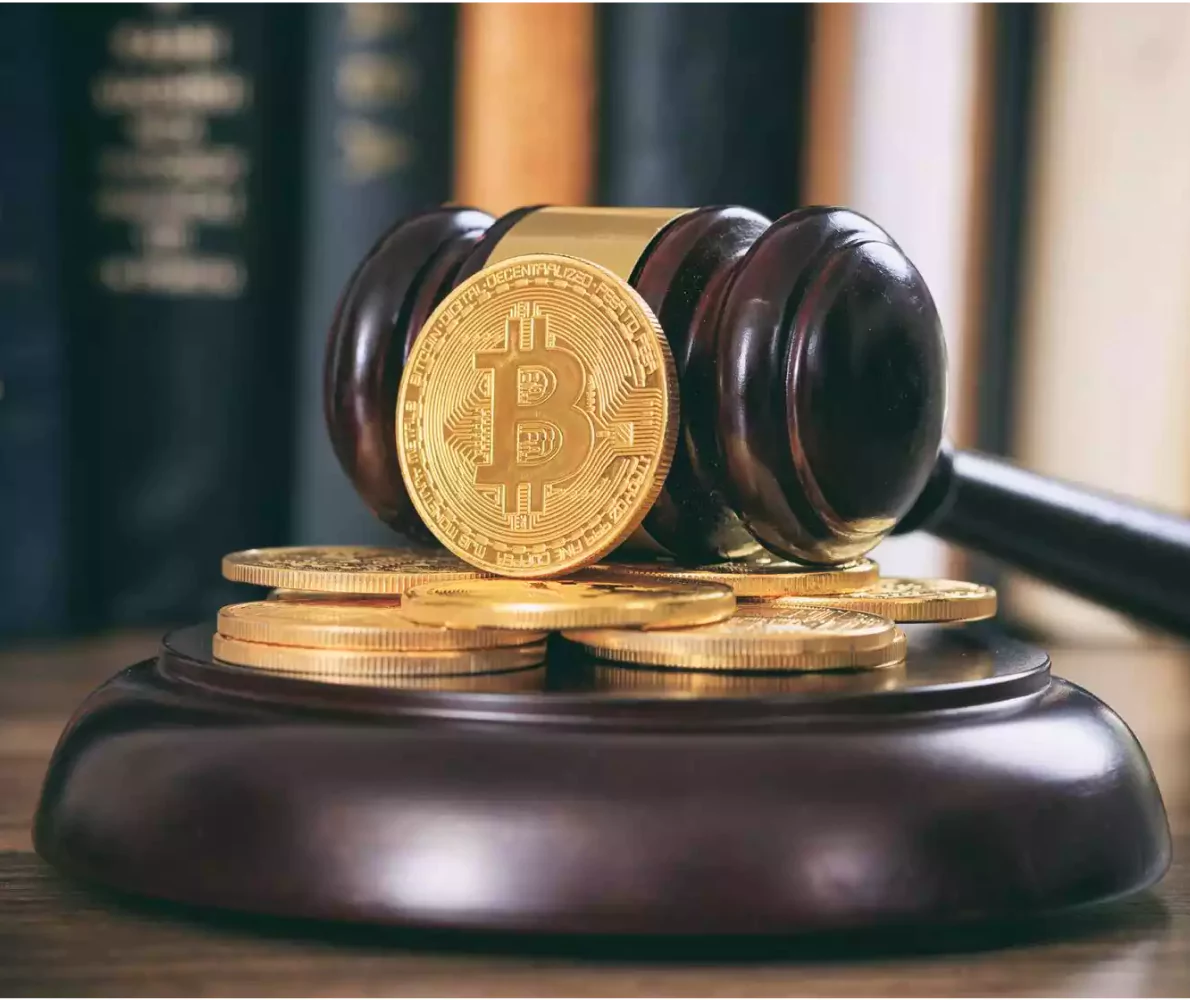
Jurisdictional Variations in Tokenized Asset Regulations
Jurisdictional variations in tokenized asset regulations create a complex legal landscape. Divergent approaches to classifying tokens and securities laws lead to uncertainties. Some jurisdictions provide clarity and frameworks for compliance, fostering innovation, while others grapple with defining ownership rights and enforcing regulations. Navigating these variations requires a nuanced understanding of global legal perspectives, demanding adaptability and collaboration to establish cohesive frameworks that facilitate cross-border transactions and ensure compliance in the evolving domain of tokenized assets.
Blockchain Technology in
Asset Tokenization

Blockchain technology plays a pivotal role in asset tokenization by providing a transparent, decentralised, and secure ledger for recording digital tokens. Utilising smart contracts, the automated self-executing agreements on the blockchain enable seamless processes, including ownership transfers and dividend distributions. The tamper-resistant nature of blockchain ensures data integrity, reducing fraud risks.

This technology introduces fractional ownership and enhances liquidity for various assets, from real estate to financial instruments. Blockchain's efficiency, transparency, and elimination of intermediaries revolutionise traditional ownership structures, offering a transformative framework for managing and trading a diverse range of assets in a secure and decentralised manner.

The Role of Blockchain in Ensuring Transparency & Security
Blockchain ensures transparency and security by leveraging decentralised, tamper-resistant ledgers. Each transaction is recorded in a transparent and immutable manner across the network, providing an auditable history. Cryptographic principles secure data integrity and authenticate transactions, mitigating the risk of fraud. This transparency instils trust in participants, while the decentralised nature eliminates single points of failure. Blockchain's role in ensuring transparency and security is fundamental, making it a robust foundation for systems requiring verifiable and secure records, such as in asset tokenization and various other applications.

Smart Contracts and their Application in Tokenization
Smart contracts, integral to tokenization, are self-executing agreements encoded on the blockchain. They automate and enforce contract terms, streamlining processes in asset tokenization. In this context, smart contracts govern the issuance, transfer, and redemption of tokenized assets, ensuring trustless and transparent transactions. These programmable contracts enable automatic execution upon predefined conditions, reducing reliance on intermediaries. Smart contracts play a pivotal role in enhancing efficiency, security, and transparency throughout the lifecycle of tokenized assets in blockchain applications.

Interoperability and Standardisation in Blockchain Platforms
Interoperability and standardisation in blockchain platforms are critical for fostering a cohesive and scalable ecosystem. Interoperability enables seamless communication and collaboration among different blockchain networks, enhancing efficiency and connectivity. Standardisation establishes common protocols and frameworks, facilitating compatibility and consistent practices across diverse platforms. Together, these elements promote a more unified and accessible blockchain landscape, encouraging innovation, cross-platform transactions, and widespread adoption of blockchain technology across industries.
Applications of Asset Tokenization

Asset tokenization finds diverse applications, transforming ownership and financial landscapes. It facilitates fractional ownership of real estate, art, and commodities, unlocking liquidity. Financial instruments like stocks become tradable tokens, streamlining trading. Intellectual property, patents, and copyrights gain liquidity through token representation. Asset tokenization revolutionises investment opportunities, offering a dynamic and efficient means of managing and trading various assets on blockchain platforms.
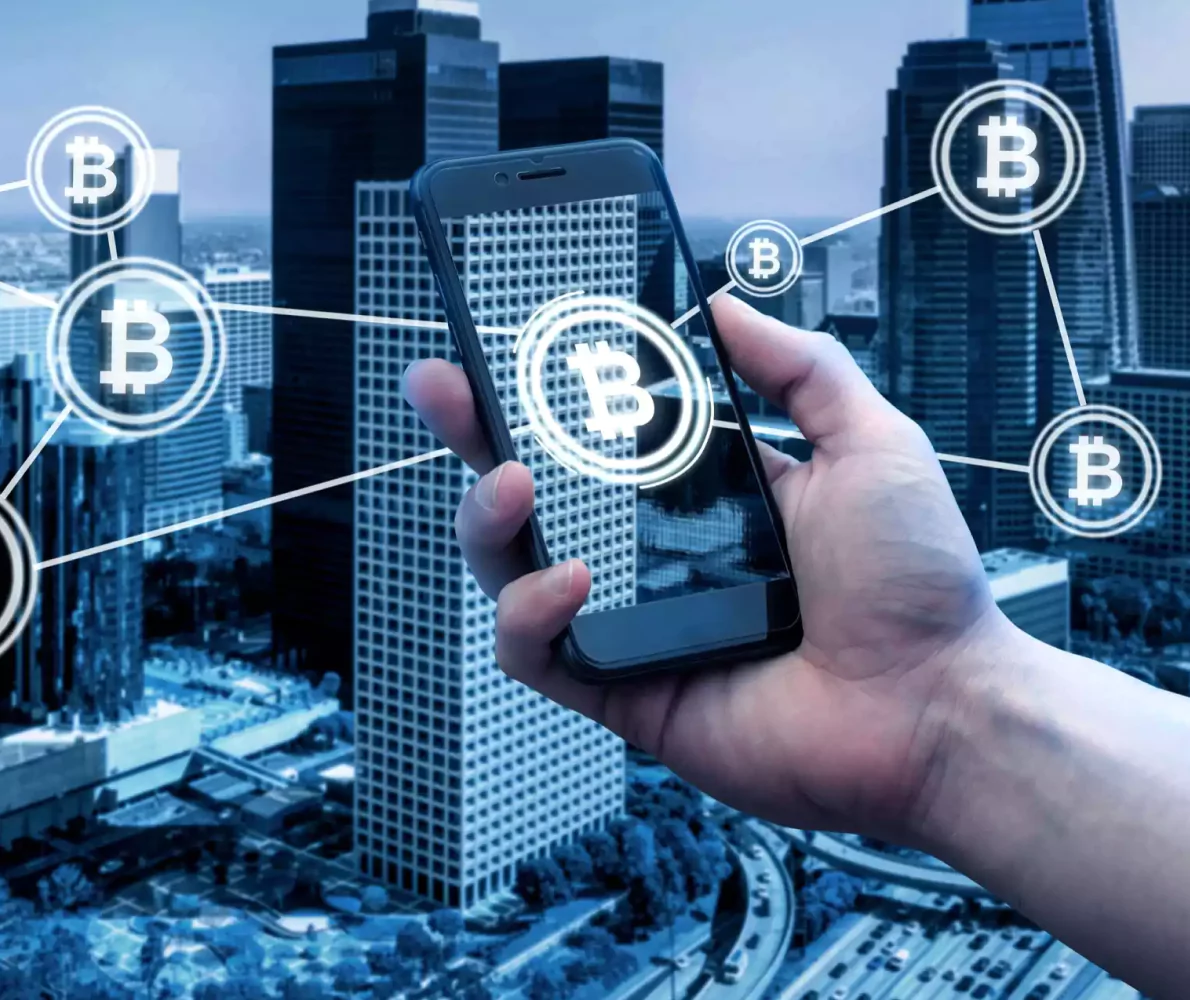
Real Estate Tokenization
Real estate tokenization is a revolutionary application transforming the traditional real estate market. Through blockchain technology, real estate assets are represented as digital tokens, allowing for fractional ownership. This enhances liquidity, as investors can buy and sell smaller portions of properties. Smart contracts automate processes like rent distribution and property management. Real estate tokenization democratises access to lucrative real estate investments, making it more inclusive and efficient while opening new avenues for investors in the ever-evolving blockchain landscape.
Tokenization of Fine Art and Collectibles
Tokenization of fine art and collectibles revolutionises the art market by representing ownership through digital tokens on the blockchain. This allows for fractional ownership, making art investments accessible to a broader audience. Smart contracts automate aspects like provenance tracking and royalty distributions, enhancing transparency. Tokenization transforms illiquid assets into tradable digital tokens, creating a more inclusive and efficient art market. This innovative approach unlocks new opportunities for both artists and art enthusiasts in the digital age.

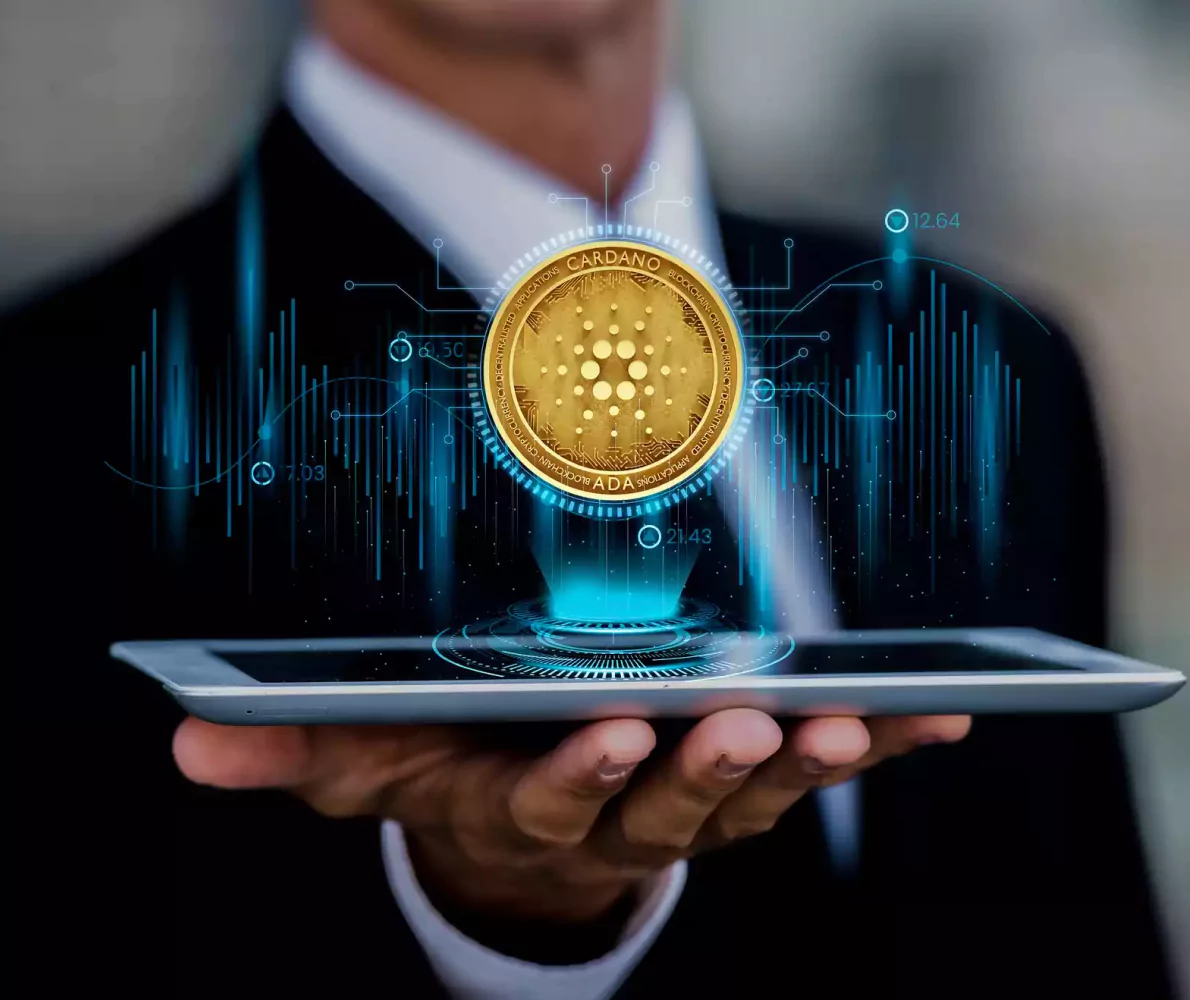
Tokenizing Commodities & Natural Resources
Tokenizing commodities and natural resources introduces a transformative approach to trading and ownership. Blockchain technology facilitates the representation of these tangible assets as digital tokens, enhancing liquidity and fractional ownership. Smart contracts automate trade settlements and streamline supply chain processes. By digitising commodities, the market becomes more efficient, transparent, and accessible to a broader range of investors. Tokenization of commodities and natural resources reshapes traditional trading models, creating new opportunities for participants in the global commodities market.
Private Equity and Venture Capital Tokenization
Tokenization in private equity and venture capital redefines investment structures. Digital tokens represent ownership, offering liquidity through secondary markets. This enables fractional ownership, making private equity accessible to a wider investor base. Smart contracts automate aspects like dividend distribution, ensuring transparency. Tokenization enhances the efficiency of fundraising, reducing administrative costs. The innovative model creates a dynamic ecosystem, fostering collaboration between investors and startups while providing new avenues for capital formation and liquidity in the private investment landscape.

Challenges and Risks in
Asset Tokenization

Asset tokenization faces challenges, including regulatory uncertainties, legal complexities, and varying jurisdictional frameworks. Technical vulnerabilities, such as smart contract bugs, pose risks. Market acceptance and potential for liquidity issues require careful consideration. Striking a balance between innovation and regulatory compliance is crucial to navigate challenges and unlock the full potential of asset tokenization.

Security Concerns & Potential Vulnerabilities
Security concerns in blockchain asset tokenization include potential vulnerabilities like smart contract flaws, hacking, and privacy issues. Smart contracts, while powerful, may contain coding errors leading to exploits. Hacks on blockchain platforms or wallets could compromise token security. Privacy concerns arise from the public nature of blockchain ledgers. Thorough security audits, encryption, and continuous monitoring are essential to mitigate these risks. Implementing robust security measures is crucial for fostering trust and widespread adoption of blockchain asset tokenization.

Market Acceptance & Adoption Challenges
Market acceptance and adoption challenges for blockchain asset tokenization stem from regulatory uncertainties, limited awareness, and resistance to change. Industries may be hesitant to shift from traditional models. Lack of standardised frameworks and interoperability hinders seamless integration. Overcoming these challenges requires concerted efforts to educate stakeholders, establish clear regulatory guidelines, and develop user-friendly, interoperable platforms. As understanding and confidence grow, blockchain tokenization can gain wider acceptance, transforming various industries.

Technological Hurdles & Interoperability Issues
Technological hurdles and interoperability issues in blockchain asset tokenization impede seamless integration. Diverse blockchain platforms often lack standardised protocols, hindering efficient communication. Scalability and performance limitations pose challenges as transaction volumes increase. Interoperability solutions are pivotal to bridging these gaps and fostering a more cohesive blockchain ecosystem. Overcoming these hurdles necessitates collaborative efforts among industry players, ensuring technological advancements that promote interoperability and scalability for the widespread adoption of blockchain asset tokenization.
Tokenization in Finance and Investment

Tokenization in finance revolutionises investment structures by converting assets into digital tokens on blockchain. This facilitates fractional ownership, enhances liquidity, and automates processes through smart contracts. The innovation introduces efficiency, transparency, and accessibility, transforming traditional finance and opening new avenues for investors in a tokenized financial landscape.
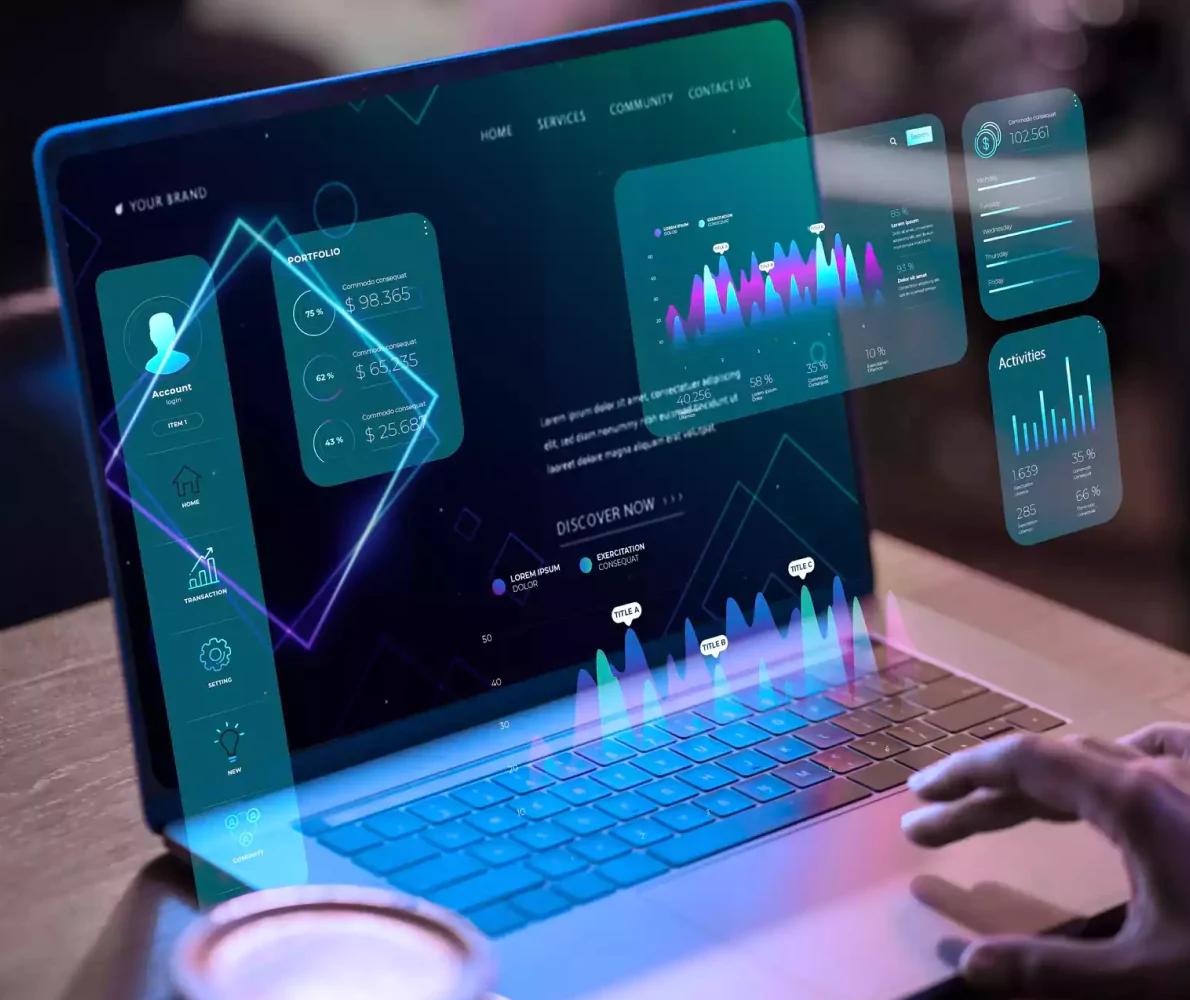
Tokenized Securities and Traditional Financial Instruments
Tokenized securities, representing ownership in traditional financial instruments, bring efficiency and accessibility. These digital tokens, issued on a blockchain, streamline processes like trading and settlement. Fractional ownership allows broader investor participation, unlocking liquidity. Smart contracts automate compliance and distribution, reducing administrative complexities. As tokenized securities gain traction, they reshape the landscape of traditional financial instruments, fostering a more inclusive and technologically advanced approach to investing.
Impact on Capital Markets and Fundraising
Blockchain asset tokenization reshapes capital markets and fundraising by introducing efficient, transparent, and inclusive models. Digital tokens represent ownership, offering fractionalisation and liquidity. Smart contracts automate processes, reducing costs and enhancing transparency. This innovation fosters global participation, creating new opportunities for startups and investors. By streamlining fundraising and trading, blockchain asset tokenization accelerates capital market evolution, transforming the financial landscape into a more accessible and dynamic ecosystem for capital deployment and growth.

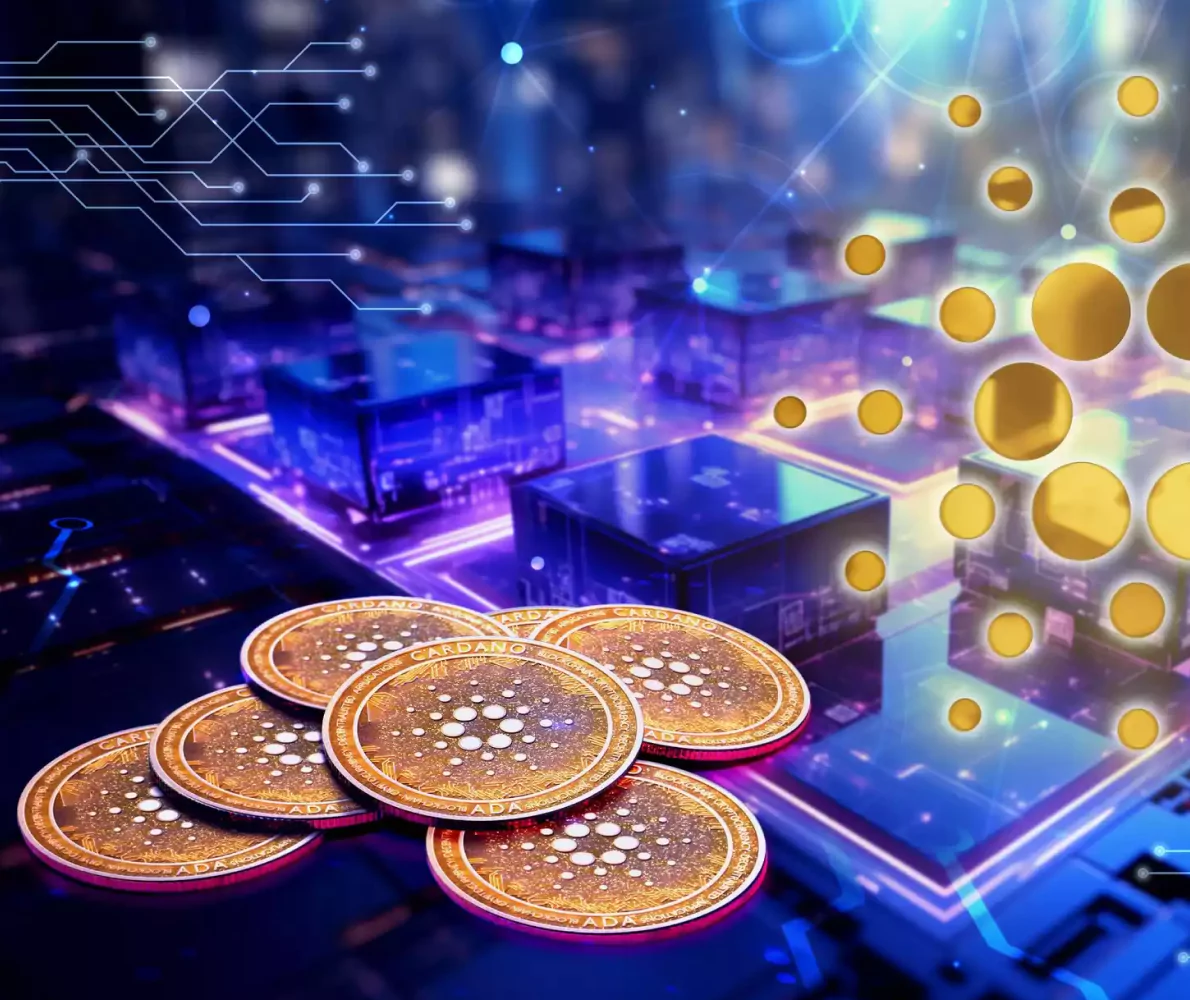
Tokenized Assets in the Context of Decentralised Finance (DeFi)
Tokenized assets play a pivotal role in the decentralised finance (DeFi) landscape, providing liquidity, accessibility, and programmability. These digital tokens on blockchain platforms enable users to seamlessly engage in decentralised lending, borrowing, and trading. Smart contracts automate financial processes, eliminating the need for traditional intermediaries. Tokenized assets empower individuals with decentralised access to a wide range of financial services, fostering a more inclusive and borderless financial ecosystem within the realm of DeFi.
Technological Innovations and Trends

Advancements in consensus mechanisms, interoperability solutions, and scalability improvements are just some of the technological innovations in blockchain asset tokenization. Integration with emerging technologies like AI and IoT further expands the scope. Continuous developments in these areas drive the evolution of blockchain asset tokenization, shaping the future of digital asset representation.

Technologies Shaping the Future of Asset Tokenization
Emerging technologies shaping the future of asset tokenization include advancements in blockchain scalability, interoperability solutions, Layer-2 scaling solutions, and developments in consensus mechanisms. As already mentioned, integration with emerging technologies such as AI, machine learning, and the IoT is also influencing the evolution of asset tokenization, enhancing efficiency and security, and expanding the scope of digital asset representation.

Trends in Blockchain Development and Their Impact
Blockchain development trends include the rise of decentralised finance (DeFi), the integration of non-fungible tokens (NFTs), and the evolution of blockchain interoperability solutions. Smart contract platforms are focusing on scalability and sustainability. The emergence of hybrid blockchains and advancements in consensus mechanisms, like Proof-of-Stake (PoS), mark notable shifts. These trends collectively reshape industries, offering more efficient, transparent, and diverse applications for blockchain technology.

Integration of Artificial Intelligence in Asset Tokenization
The integration of AI in asset tokenization enhances efficiency and decision-making. AI algorithms can analyse vast datasets, facilitating risk assessments and predicting market trends for tokenized assets. Smart contracts powered by AI enable more complex, automated processes. This integration not only streamlines operations but also adds predictive capabilities, contributing to more informed investment strategies and optimising the overall management of tokenized assets within the blockchain ecosystem.

The Internet of Things in Asset Tokenization
The Internet of Things (IoT) enhances asset tokenization by enabling real-time data from physical assets. Smart devices, integrated into the blockchain, provide continuous updates on asset conditions. This real-world data feeds into smart contracts, automating decision-making processes and ensuring tokenized asset values reflect real-time conditions. The synergy of IoT and tokenization creates a dynamic, transparent, and efficient ecosystem, offering a comprehensive approach to managing and trading diverse assets on the blockchain.
Future Outlook and Predictions

The future of blockchain asset tokenization holds promises of widespread adoption across industries. Predictions include increased regulatory clarity, expanded use cases beyond finance, and advancements in scalability and interoperability. Integrations with emerging technologies like AI and IoT are anticipated, signalling a transformative era of transparent, efficient, and inclusive digital asset representation on the blockchain.

Anticipated Growth & Evolution of Asset Tokenization
A report by Boston Consulting Group estimates that by 2030, the tokenization of illiquid assets is going to run in the trillions of dollars. This anticipated growth of asset tokenization involves an expanded array of tokenized assets, from real estate to intellectual property, fostering increased liquidity and accessibility. As regulatory frameworks mature, broader adoption is expected, with a surge in decentralised finance (DeFi) applications and diverse investment opportunities. Technological advancements, particularly in blockchain scalability and interoperability, will play a pivotal role in shaping the evolution of asset tokenization, making it a transformative force in the financial landscape.
Predictions for New Industries Embracing Tokenization
Predictions foresee new industries embracing tokenization, expanding beyond traditional finance. Sectors such as healthcare, sports, supply chain, and gaming are expected to tokenize assets for enhanced transparency and efficiency. Non-fungible tokens (NFTs) may find applications in authentication and provenance tracking across various domains. As blockchain technology matures and regulatory frameworks evolve, the widespread adoption of tokenization is anticipated to revolutionise diverse industries, offering novel approaches to ownership, trading, and collaboration.

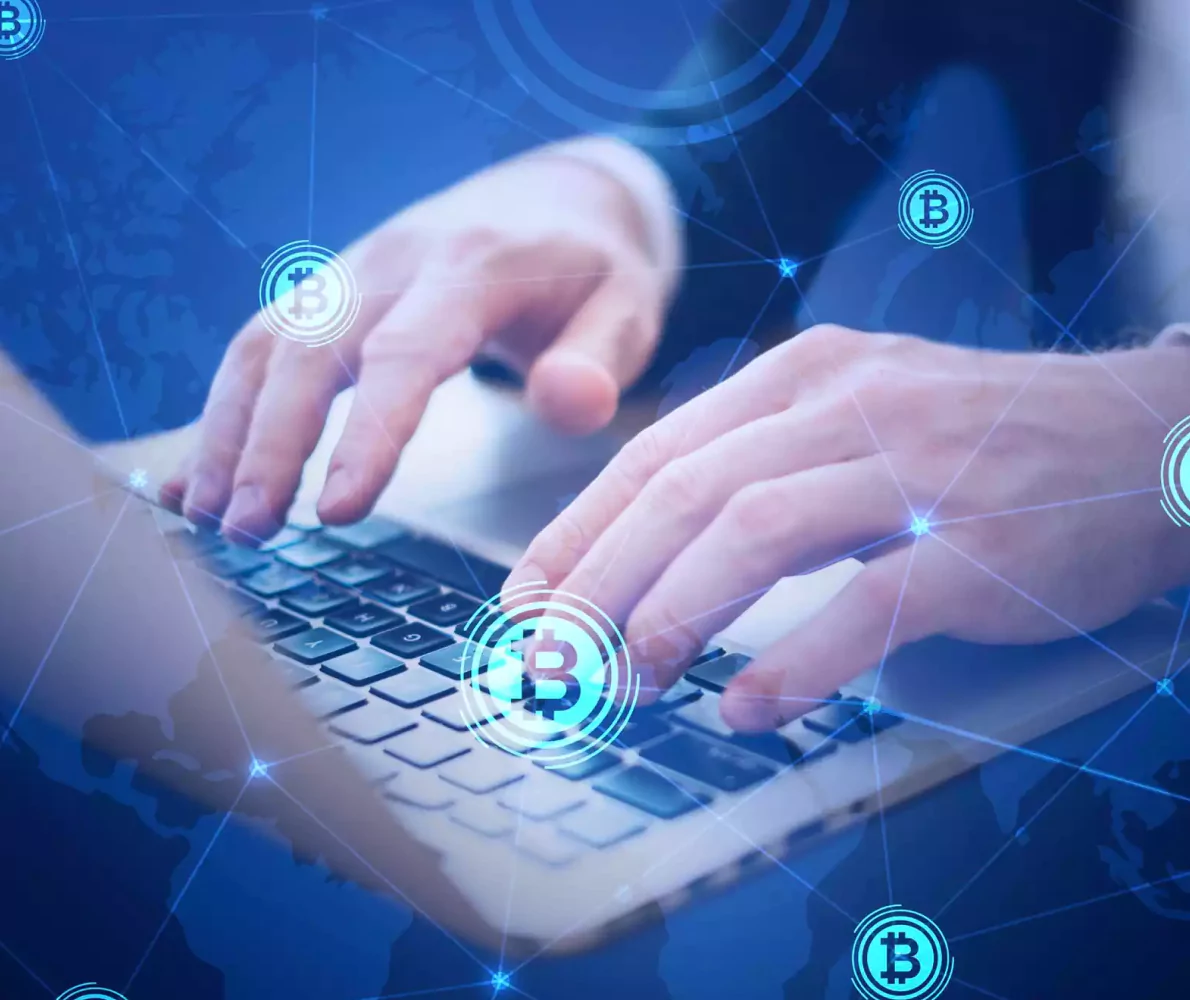
Potential Regulatory Developments Influencing the Landscape
Potential regulatory developments hold significant influence over the blockchain asset tokenization landscape. Anticipated clarity in regulations may foster widespread adoption, ensuring compliance and investor protection. Striking a balance between innovation and regulatory oversight will be crucial, shaping the future of tokenization across various industries and delineating the legal boundaries for blockchain-based financial instruments.
Conclusion

In conclusion, blockchain asset tokenization emerges as a transformative force, redefining ownership structures, liquidity, and transparency across various industries. The integration of smart contracts, coupled with advancements in blockchain scalability and interoperability, paves the way for a dynamic and efficient ecosystem.
While regulatory uncertainties pose challenges, anticipated developments in legal frameworks signal a maturing landscape. The versatility of tokenized assets, spanning from real estate to art and beyond, opens new avenues for investment and collaboration. As industries embrace this paradigm shift, the blockchain asset tokenization landscape is poised for substantial growth.

Anticipated trends in decentralised finance (DeFi), non-fungible tokens (NFTs), and emerging technologies such as Artificial Intelligence (AI), Machine Learning (ML), and the Internet of Things (IoT) further solidify the potential impact. The future envisions a decentralised, transparent, and accessible financial realm, where blockchain asset tokenization becomes the cornerstone of a technologically advanced and inclusive global economy.
About Goodman Lantern

Goodman Lantern, a leader in content creation and market research, offers vital support to your blockchain asset tokenization enterprise. Our expert team provides comprehensive content services, from whitepapers to market analysis, fostering credibility and visibility in the competitive blockchain landscape. Leverage Goodman Lantern's proficiency to articulate your blockchain solutions effectively and engage your target audience.
Our Clients Love Working With Us Because We Believe in Collaboration
At Goodman Lantern we’re all about building long-term, successful relationships with our clients. We take the time to get to know their business AND the people behind the brand. In true collaborative spirit, we do everything we can to tell your story and help your business grow.
“Goodman Lantern has an unparalleled level of skill and talent, coupled with a keen understanding of implementation.”
“Whenever we've provided feedback or suggestions they have always been receptive and open to making changes.”
“In marketing, content generation is one of the biggest challenges. I’ve been using a large freelancing network, and I did have trouble finding the right talent to produce content for us. Then I got to know Goodman Lantern. We started to do business together, and it seemed Raj understood my requirements very well. He delivered quality content that met my expectations.”
Hundreds of Businesses













